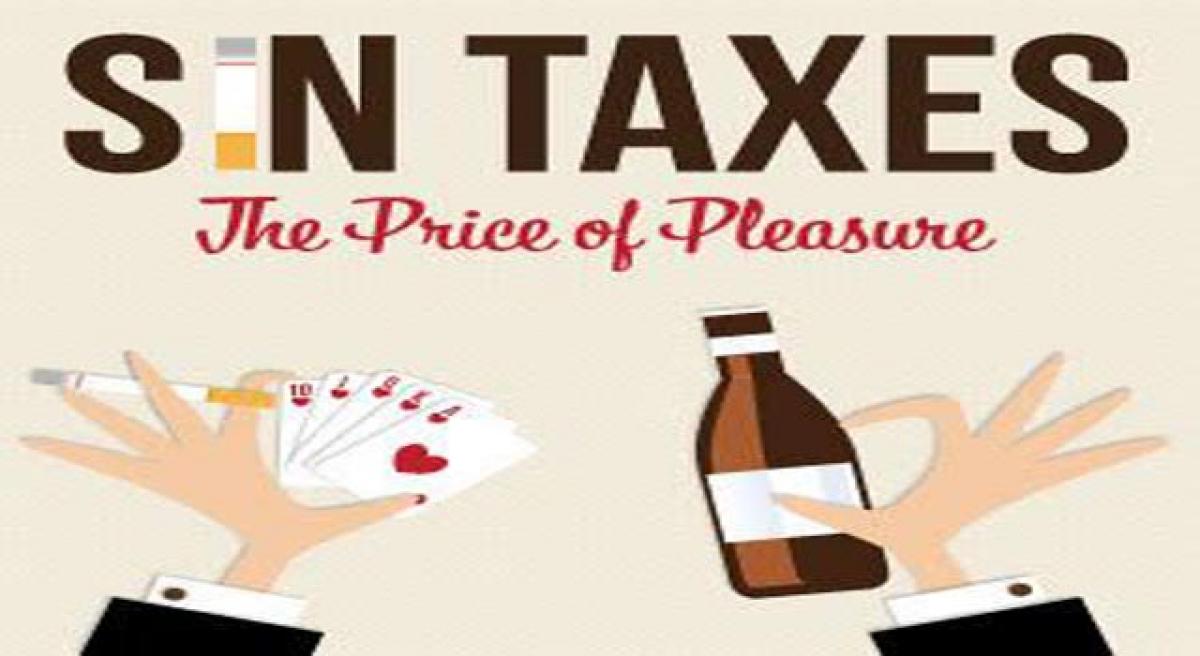Live
- SC denies pre-arrest bail to Jaynarayan
- CM waives hostel food fee
- UBI celebrates 106th foundation day
- 294-year-old Khallikote Jagannath temple crumbling
- ‘Bangaru Balotsavalu’ launched
- Army officer, fiancee appear before judicial panel
- AP govt to use geotagging to provide better, speedy services to people
- Law to curb unfair practices in recruitment exams
- Telugu People Foundation members call on Pawan Kalyan
- Surekha has big plans to develop Vemulawada temple
Just In

Leading oncologists from over 100 cancer hospitals have urged Prime Minister to include bidi in the list of demerit goods under the GST regime, saying this low-cost tobacco product is the single largest cause of smoking-related deaths in the country.
Leading oncologists from over 100 cancer hospitals have urged Prime Minister to include bidi in the list of demerit goods under the GST regime, saying this low-cost tobacco product is the single largest cause of smoking-related deaths in the country. The demand from leading oncologists and 108 cancer hospitals under the aegis of the state-funded National Cancer Grid (NCG) comes ahead of the GST Council meeting on Monday in the national capital that is likely to fix GST rates, including those on demerit goods.
A maximum of 15 percent cess on top of the peak GST rate of 28 per cent will be levied on luxury goods and aerated drinks. The actual cess on demerit goods, which will help create a corpus for compensating states for any loss of revenue from GST implementation in the first five years, may be lower than the cap as the Council has kept a "little" headroom for future exigencies.
In economics, a demerit good is "a good or service whose consumption is considered unhealthy, degrading, or otherwise socially undesirable due to the perceived negative effects on the consumers themselves." It is over-consumed if left to market forces. Examples of demerit goods include tobacco, alcoholic beverages, recreational drugs, gambling, junk food and prostitution. Because of the nature of these goods, governments often levy taxes on these goods (specifically, sin taxes), in some cases regulating or banning consumption or advertisement of these goods.
A sin tax is a state-sponsored tax that is added to products or services that are seen as vices, such as alcohol, tobacco and gambling. These types of taxes are levied by governments to discourage individuals from partaking in such activities without making the use of the products illegal. Sin taxes are typically added to liquor, cigarettes and other non-luxury items. State governments favor sin taxes because they generate an enormous amount of revenue. The general public usually accepts sin taxes because they are indirect taxes that only affect those who use the products, according to investopedia.com.

© 2024 Hyderabad Media House Limited/The Hans India. All rights reserved. Powered by hocalwire.com







